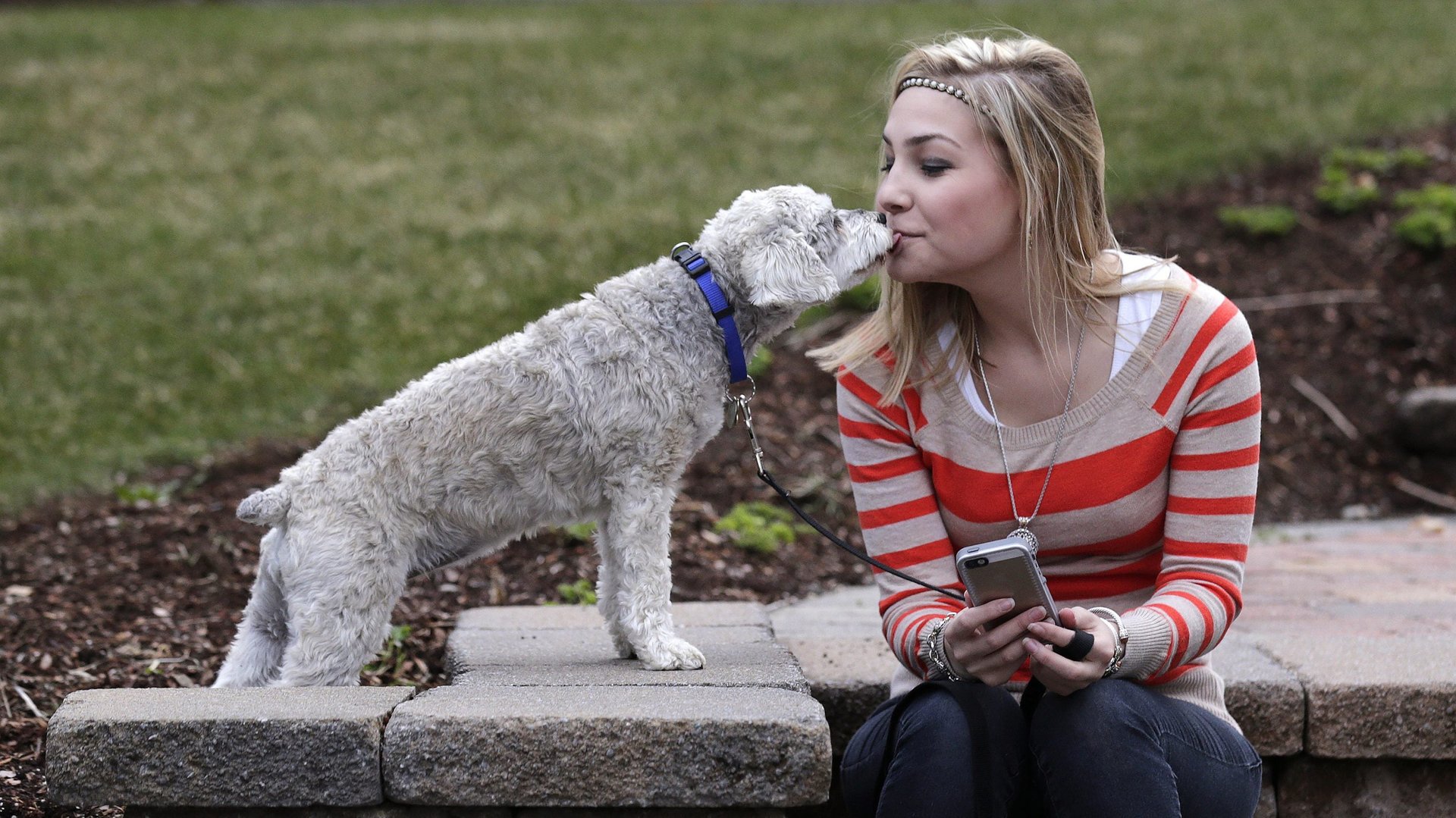Online dating sucks because of the algorithms not the people
Back in 2005, I decided to try online dating. My biggest concern was about how to write my dating profile. I also struggled with opening up with strangers, and I thought this trait would hamper my ability to find the woman of my dreams.


Back in 2005, I decided to try online dating. My biggest concern was about how to write my dating profile. I also struggled with opening up with strangers, and I thought this trait would hamper my ability to find the woman of my dreams.
Then I found out that I didn’t have to write a profile at all: All I needed to do was fill out some basic personal information. The machine matchmakers would do the rest.
One day, I received an email from the service with a picture of my ideal match. I was smitten. I wrote her a message, and she ignored me. I persisted. Alice and I were married two and a half years later, and we’ve been together ever since. She supports my crazy ideas. We’re parents to two children we adopted from birth, Beverly “Bevy” (age 2) and Ellis (age 4 months). Life is good.
But, according to recent psychological research, I don’t have algorithms to thank for my marital bliss—I just got lucky. Machines are clueless about who we will find romantically desirable, and so they make horrible matchmakers.
The trouble with algorithms
In some cases, machine learning excels at spotting patterns and making predictions. PayPal utilizes machine learning to fight financial fraud; some companies use the technique to predict who will pay back their loans; and clinical scientists employ machine learning to identify which symptoms of depression are most effectively treated with antidepressant medication.
So it makes sense that online dating services including eHarmony, OkCupid, and Match.com use algorithms to try to surface potential matches. (Although Tinder and other swipe-based dating apps don’t try to make specific matches, Tinder does use algorithms based on swiping behavior to identify people whom others find desirable.) But matters of the human heart are hard to predict—as psychologists Samantha Joel, Paul Eastwick, and Eli Finkel found out when they conducted their own speed-dating events.
The study, forthcoming in the journal Psychological Science, had 350 college-aged participants attend the researchers’ speed-dating events. Beforehand, participants completed questionnaires that measured their personality traits, values, dating strategies, well-being, and what their ideal mate would want in a partner. The researchers then fed the information into an algorithm to predict who would hit it off.
Once participants arrived at the speed-dating location, they went on approximately 12 dates, each lasting four minutes. Between dates, they completed a two-minute questionnaire about their feelings toward the person they’d just met. The researchers later compared the algorithm’s predictions to participants’ actual reports of romantic desire.
How well did the machines do? Well, they failed miserably as matchmakers. It was easy to predict people who were generally friendly and people who were exceptionally picky. But the machines had zero ability to match a specific person with another person.
Joel, who teaches at the University of Utah, didn’t seem surprised that machines performed so poorly. “People agree to go on dates with people who have everything they say they don’t want,” she said. “What you say isn’t what you want. Attraction doesn’t play nice with preferences.”
For example, her previous research has shown that three in four people will agree to go on a date with someone who has an undesirable trait they consider a deal-breaker. We might say that we would never date a political conservative, say, or an atheist. But if a potential match has other appealing qualities, most of us will agree to give the person a shot. If we’re not so good at predicting what we’ll like in our partners, it isn’t such a surprise that machines also struggle.
The myth of the perfect match
So maybe online dating services that use this kind of algorithm will have a tough time identifying two people who will find each other romantically desirable. That doesn’t mean people should avoid going online to find a mate.
“Online dating is still a useful tool,” Joel says, “because it identifies people in your pool. That’s a service. It doesn’t say this person is a good fit for you.”
Her words jibe with my online dating experience. Although I eventually married the woman a computer identified as my top match, I also went on dates with other women the computer thought I would like—and I didn’t. But by taking action to join online dating sites, my dating pool expanded, increasing my chances of meeting the right person. All I had to do was practice patience and perseverance. Eventually, I found Alice.
What advice would Joel give to people looking for love? She draws on a lesson she learned from a mentor. “A big part of finding the right partner,” she said, “is being the right partner. People get hung up on finding the right person. There’s a lot you can do to be the right partner.” In other words, be trustworthy, patient, kind, calm, and humble. Then just keep showing up. Eventually, the right person will be there.